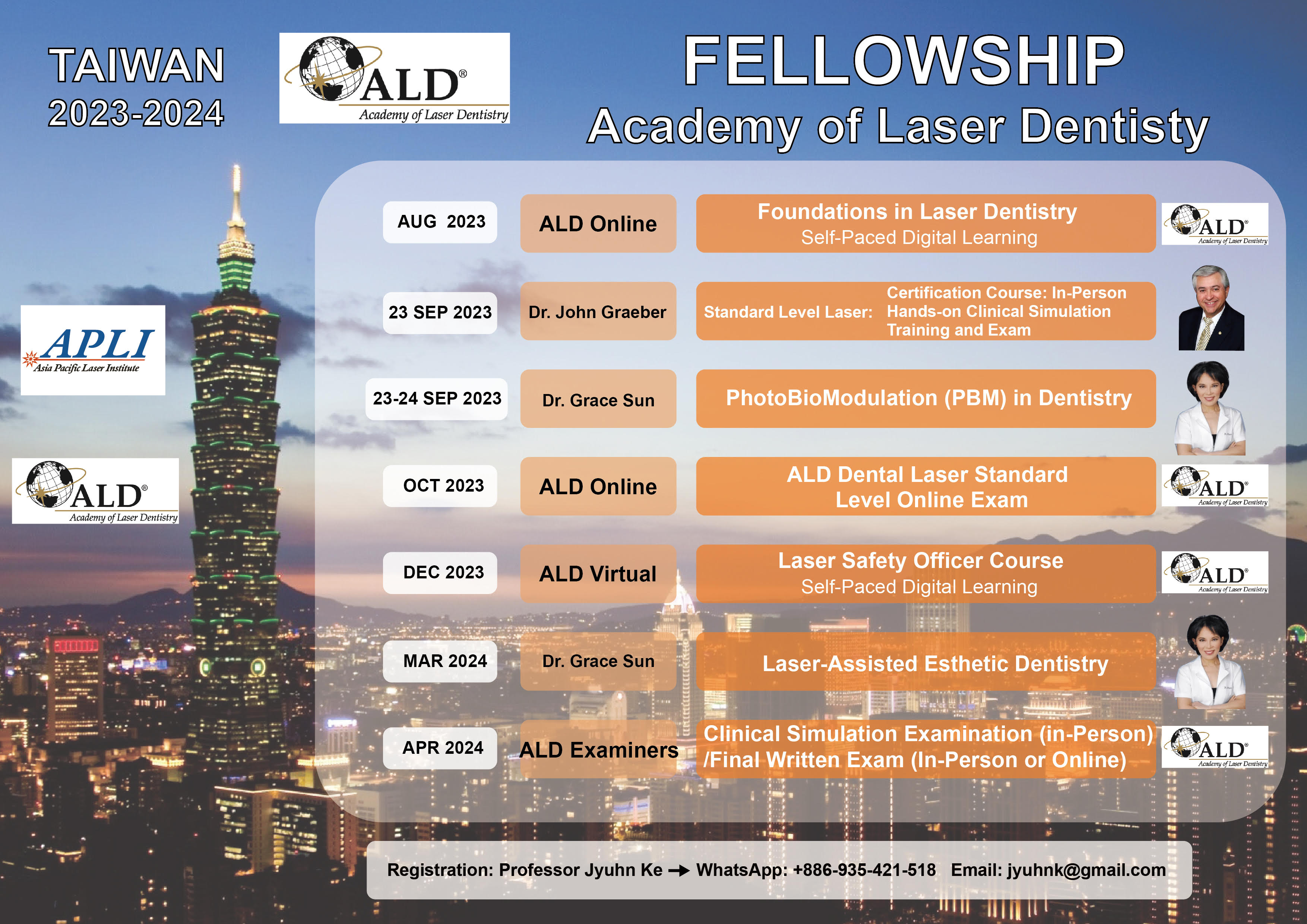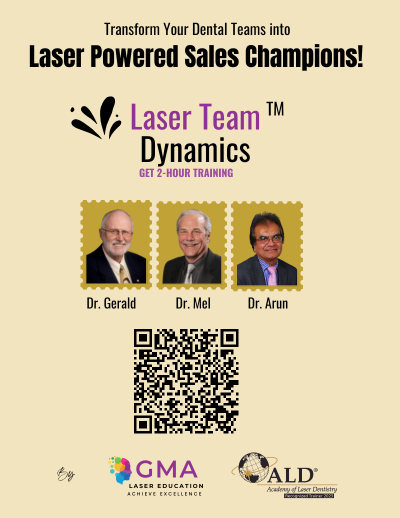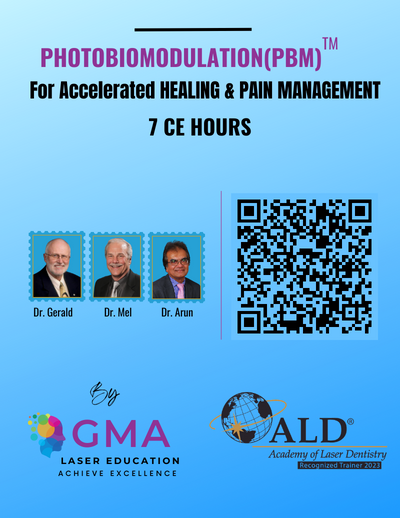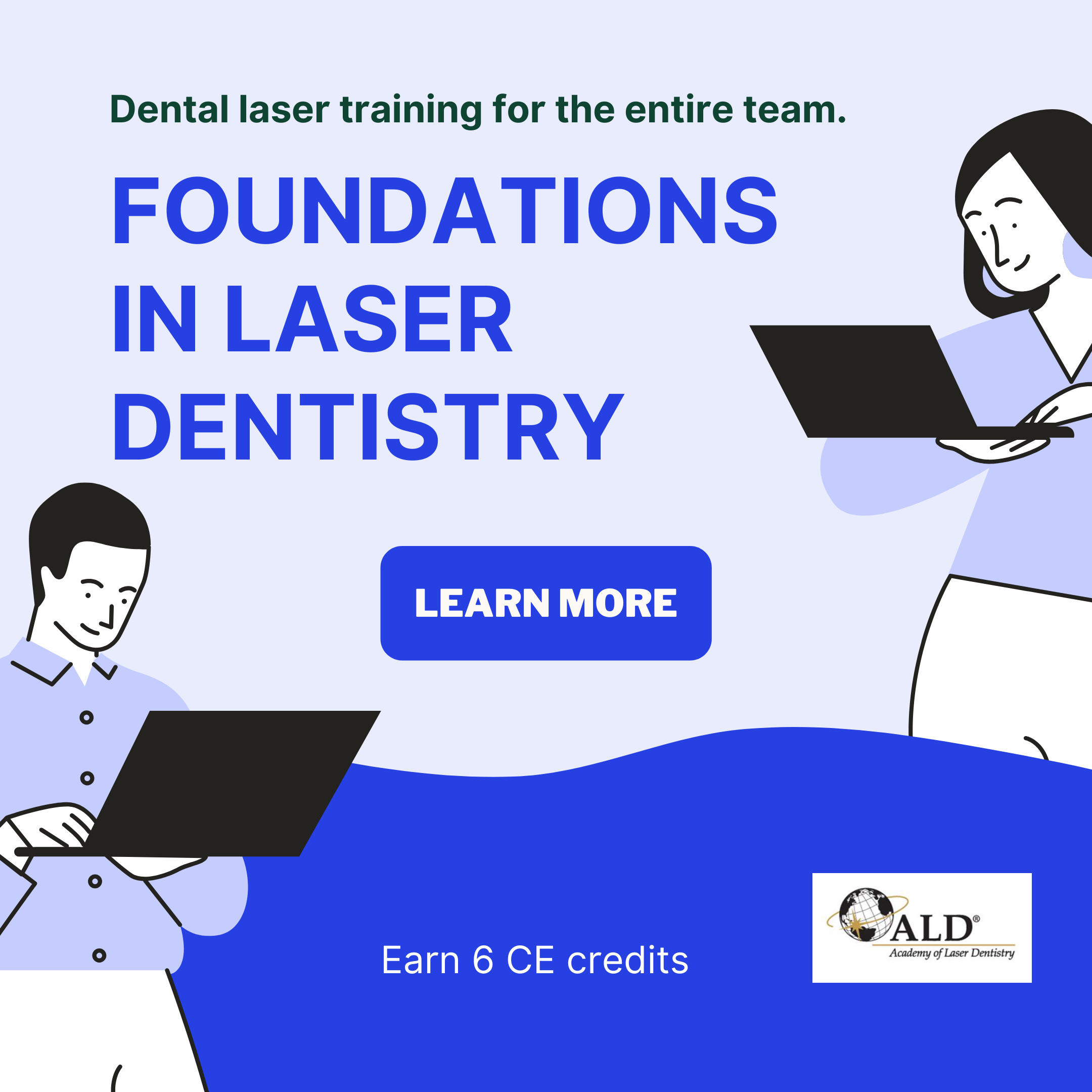
Dental lasers have become increasingly popular tools in dental practices due to their ability to offer precise and minimally invasive treatment options for various dental procedures. While the exact impact on practice production can vary based on the specific circumstances, there are several ways dental lasers can contribute to improving practice production.
- Efficiency:Dental lasers can speed up some procedures compared to traditional methods. They can perform tasks such as cavity preparation, soft tissue removal, and gum reshaping more efficiently, reducing the time required for each procedure. This can lead to an increased number of patients being treated in a given time frame.
- Reduced Chair Time: Dental lasers are known for their precision, which can lead to less postoperative discomfort and faster healing times. When patients experience less pain and discomfort, they are more likely to have a positive experience and require less follow-up or postoperative care. This means that patients are more likely to return for future appointments, potentially increasing patient retention and referral rates.
- Minimally Invasive Procedures: Dental lasers are often less invasive than traditional methods, as they can target specific areas without affecting surrounding tissues. This leads to less tissue damage, reduced bleeding, and a decreased need for anesthetics. Patients appreciate the minimally invasive nature of laser treatments, which can result in a higher level of patient satisfaction and positive reviews.
- Expanded Treatment Options: Dental lasers can perform a variety of procedures, including caries removal and cavity preparation, soft tissue surgery, teeth whitening, and more. Offering a wider range of treatment options using the same equipment can attract more patients who are seeking these specific services. This can lead to increased patient flow and practice revenue.
- Precision and Accuracy: Dental lasers offer precise control over tissue removal, which can be especially beneficial in delicate areas like the gums. This precision can result in better treatment outcomes, reduced risk of complications, and fewer redo procedures, ultimately leading to more efficient practice operations.
- Marketing and Differentiation: Incorporating dental lasers into you practice can set your practice apart from others in the area. You can market your practice as being at the forefront of technology and offering the latest advancements in dental care. This can attract tech-savvy patients who value innovation, potentially increasing your patient base.
- Training and Skill Development: Dentists and dental hygienists need to undergo training to properly use dental lasers. This ongoing skill development can lead to improved teamwork and better utilization of staff members' expertise, ultimately enhancing overall practice productivity.
It's important to note that while dental lasers offer numerous benefits, their adoption also requires an initial investment in equipment, training, and possibly changes to practice workflows. The extent to which dental lasers improve practice production will depend on factors like your patient demographics, local competition, and the specific procedures your practice offers. Careful consideration and planning for integrating dental lasers into your practice can be energizing, enlightening, and certainly productive.






